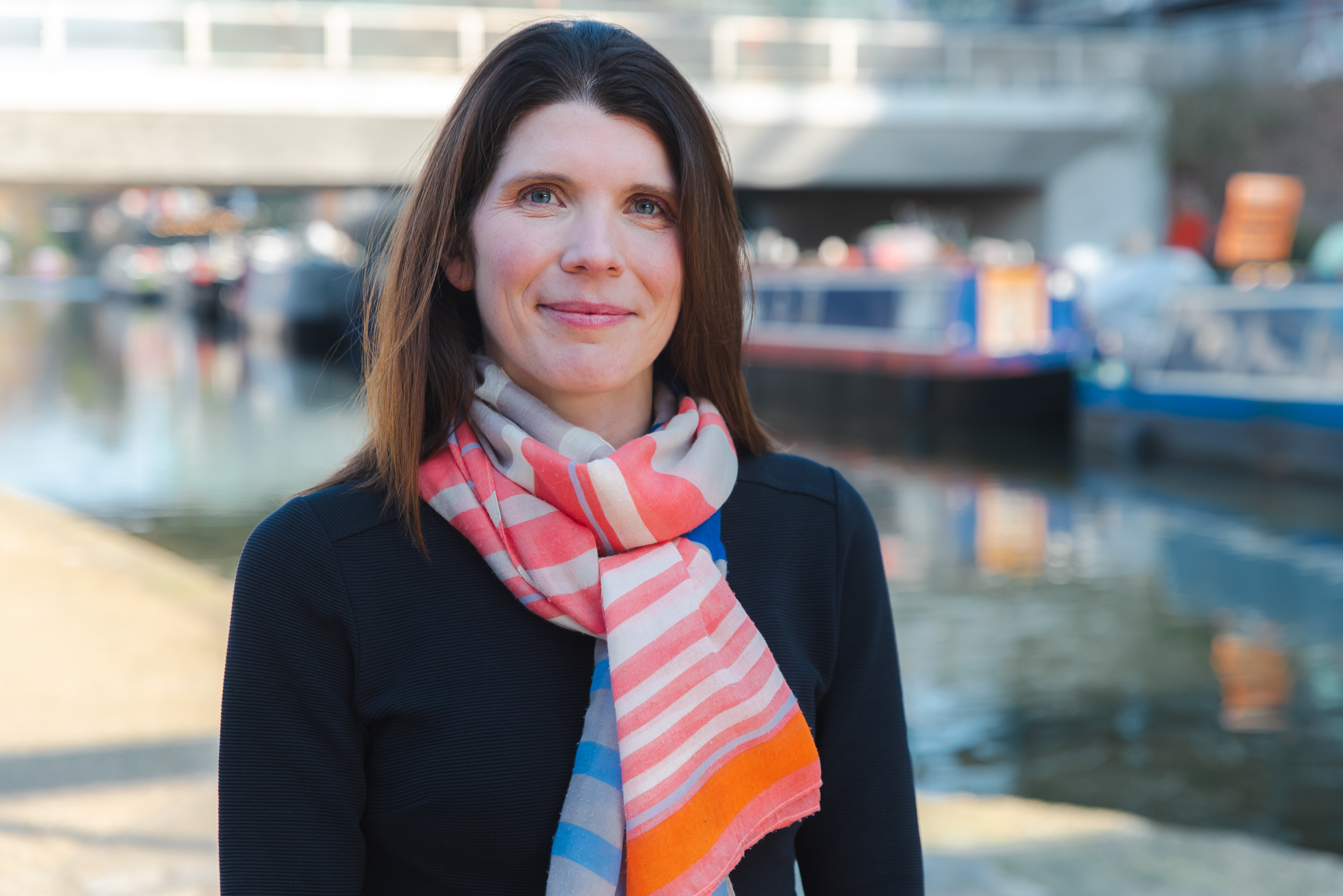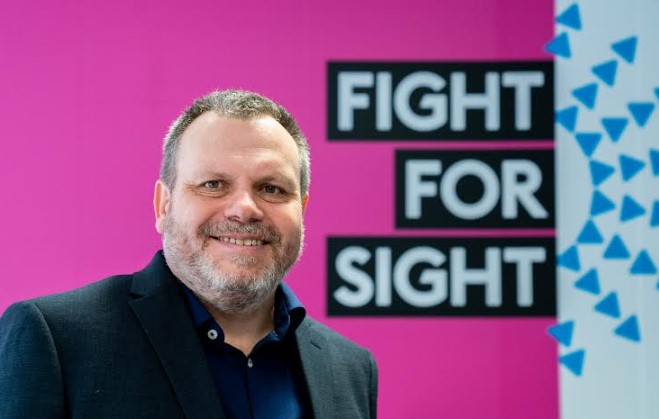Emma Pears, CEO of children's charity SELFA talks about why she's "on a mission" to change the funding system for small charities.
_________________________________________________________________
I’m the CEO of a local Children’s Charity on a mission to change the funding system for organisations like mine.
I helped to set up SELFA almost 16 years ago, to support children in families experiencing vulnerabilities in rural North Yorkshire.
Our income has grown over the years to around £350,000 a year, but with that growth has come an unimaginable administrative burden placed on us by those who are supposed to help us the most - our grant funders.
SELFA has over 35 different funders who support us with grants over £5,000 each year, nearly all ask us to report back individually, sometimes on multiple projects.
It’s a logistical nightmare and although things temporarily improved during Covid, it’s got worse now that securing funding is harder than ever.
Only five of those 35 funders support us with multi-year funding, so this means we have to reapply every year, often “reinventing the wheel” so that we can keep supporting children and young people in the most appropriate way. Very few want to fund what’s working well, I’m still baffled at the amount of grant funders who only want to support ‘new’ and ‘innovative’ projects.
Don’t get me wrong, there are some truly wonderful funders out there. They support us with three year funding and light touch monitoring (although the application process is very rigorous to make sure we are bona-fide!). There are also funding officers and grant managers who we have fantastic relationships with and who also feel our pain. They do their best to support us but without strategic change it’s not going to have the impact we so desperately want to see.
The other side of the coin however is sadly the norm: smaller pots of single-year funding which require a disproportionate amount of reporting.
I’ve many stories I could tell here, like one funder who asked us to complete a monitoring report every three months on a grant of £16,000 for a specialist after school project; or another who needed multiple individual questionnaires for every participant as well as for staff and volunteers, multiple case studies, photos and video footage as well as monitoring reports - all for £6,000. I raised this innumerable times with the funder and dug my heels in, asking if there was another way we could report on the success of the project and - surprise, surprise - we haven’t been invited to reapply for funding.
Add to this the data nightmare, where many of these funders have different Customer Relationship Management (CRM) systems which we need to complete, even though we have our own monitoring and evaluation system that we have developed with University of York which is incredibly thorough and robust.
In most cases these CRM’s won’t ‘talk’ to our system and it becomes a data-entry nightmare, where we have to download quantitative data from our CRM and manually upload it to theirs!
It doesn’t end there, two organisations who fund us use the same CRM but we have separate logins for each grant, even though the funding technically comes from the same place when you go back up the chain far enough! One funder has paid a bit more for their ‘package’ so we can transfer the data over but the other hasn’t so it’s back to the 1970’s and manual individual data entry!
I am not here to paint a picture of a world of doom and gloom, I feel incredibly privileged to do this work, and eternally thankful to our funders for making this possible. If there was no other way to do things, I’d get my head down as I always have done and make sure we meet the needs of the grantor. But I know there is another way: a better way for everyone.
This is my call to action and it’s to the infrastructure organisations who support charities like mine to help funders work smarter and collaborate, so people like me and my team at SELFA can concentrate on supporting children and young people to thrive! I’m always keen to be part of the solution and not the problem, so let’s challenge the status quo for the benefit of those who need it most!
Latest News
-
Prostate Cancer UK fundraiser last year's 'stand out performer'
-
Councils urged to cut red tape to ‘avoid damaging the microbiome’ of local support
-
Inaugural small charities match funding campaign raises £1.8m
-
Charity supporting male victims of domestic abuse closes
-
Funder set up by film making legend announces new CEO
-
More than 20 small charities each win £22,000 of funding and support
Charity Times video Q&A: In conversation with Hilda Hayo, CEO of Dementia UK
Charity Times editor, Lauren Weymouth, is joined by Dementia UK CEO, Hilda Hayo to discuss why the charity receives such high workplace satisfaction results, what a positive working culture looks like and the importance of lived experience among staff. The pair talk about challenges facing the charity, the impact felt by the pandemic and how it's striving to overcome obstacles and continue to be a highly impactful organisation for anybody affected by dementia.
Charity Times Awards 2023
Mitigating risk and reducing claims

The cost-of-living crisis is impacting charities in a number of ways, including the risks they take. Endsleigh Insurance’s* senior risk management consultant Scott Crichton joins Charity Times to discuss the ramifications of prioritising certain types of risk over others, the financial implications risk can have if not managed properly, and tips for charities to help manage those risks.
* Coming soon… Howden, the new name for Endsleigh.
* Coming soon… Howden, the new name for Endsleigh.
Better Society

© 2021 Perspective Publishing Privacy & Cookies











Recent Stories